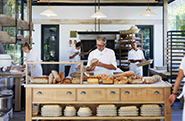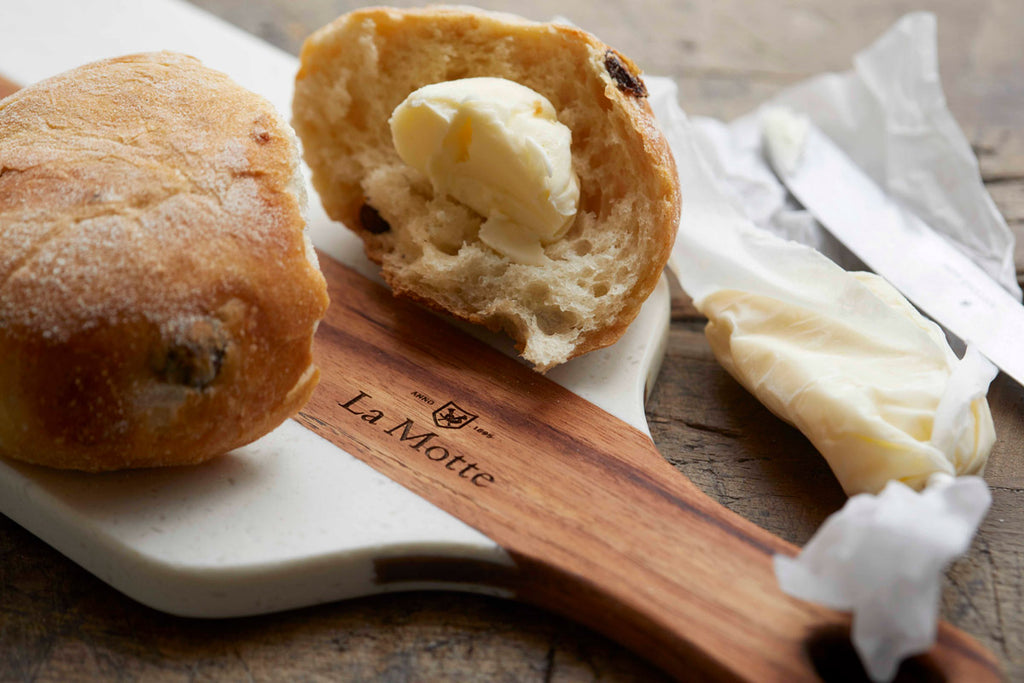Food and Culture
This stream of thought is aimed at promoting a better understanding of the many ways in which food connects us all and the importance thereof for healthy lives and a more equitable and sustainable world. It is informed by the point of view that food is shaped by history and the physical environment, but also carries individual memories, interests and personalities which are interwoven to all aspects of our lives, illustrating the complexity of food and culture.
The importance of bread to humankind has been expressed in various religions and traditions. Bread was considered an important offer in various religions and ancient cultures such as Greece, Rome and Macedonia. It plays a central part in the rituals of Judaism and has particular significance in Christianity. Jesus Christ, when he likened himself to the bread, said to his disciples: “I am the bread of life”. References to milling are also found in the Old and the New Testaments:
Though you grind a fool in a mortar, grinding them like grain with a pestle, you will not remove their folly from them – Proverbs 27:22.
Do not take a pair of millstones – not even the upper one – as security for a debt, because that would be taking a person’s livelihood as security — Deuteronomy 24:6 (NIV).
Stamping bread is an important custom of decorating bread using different patterns. In the Orthodox faith, the engraved stamps carried symbolic images and text and are used in liturgical tradition.
In the English language, references to milling and bread are found in various expressions, such as ‘the daily grind’, ‘run of the mill’, ‘put your shoulder to the wheel’ and ‘one’s daily bread’ or ‘bread and butter’. In many cultures today, bread is broken rather than sliced as a respectful gesture and forms an important part of many meals.













